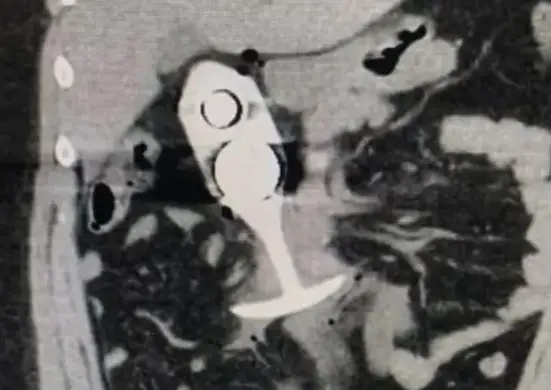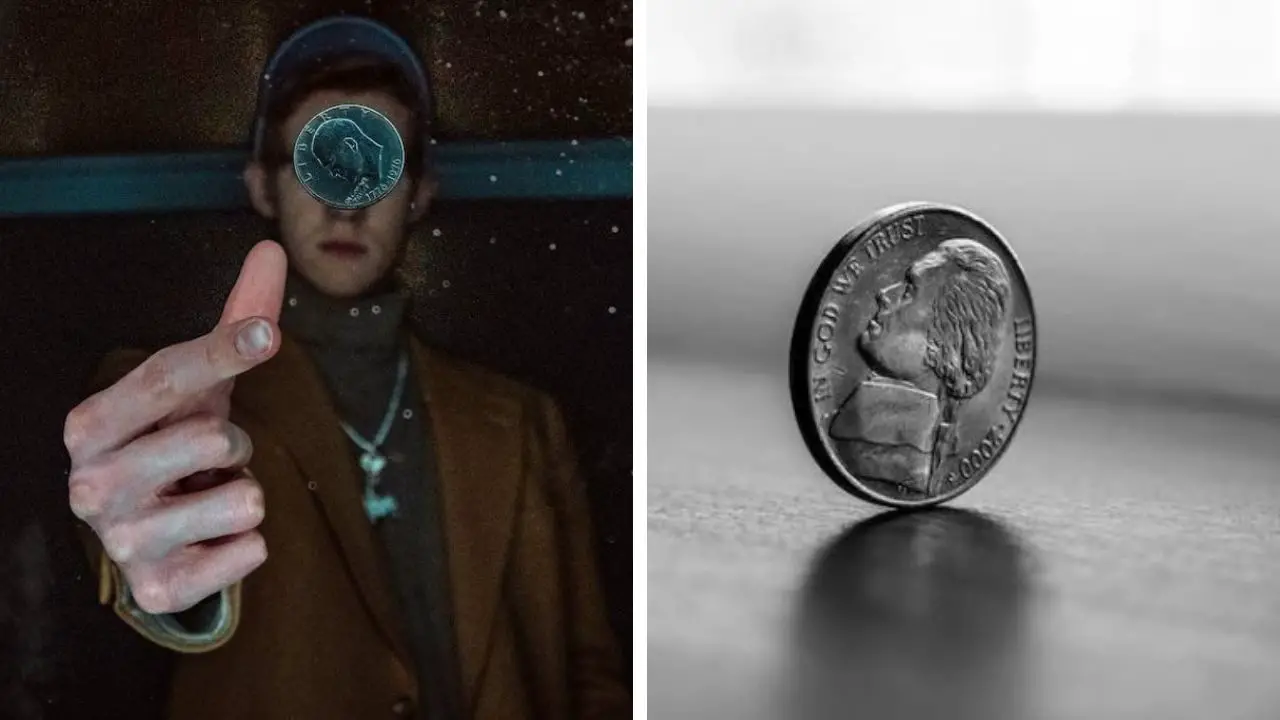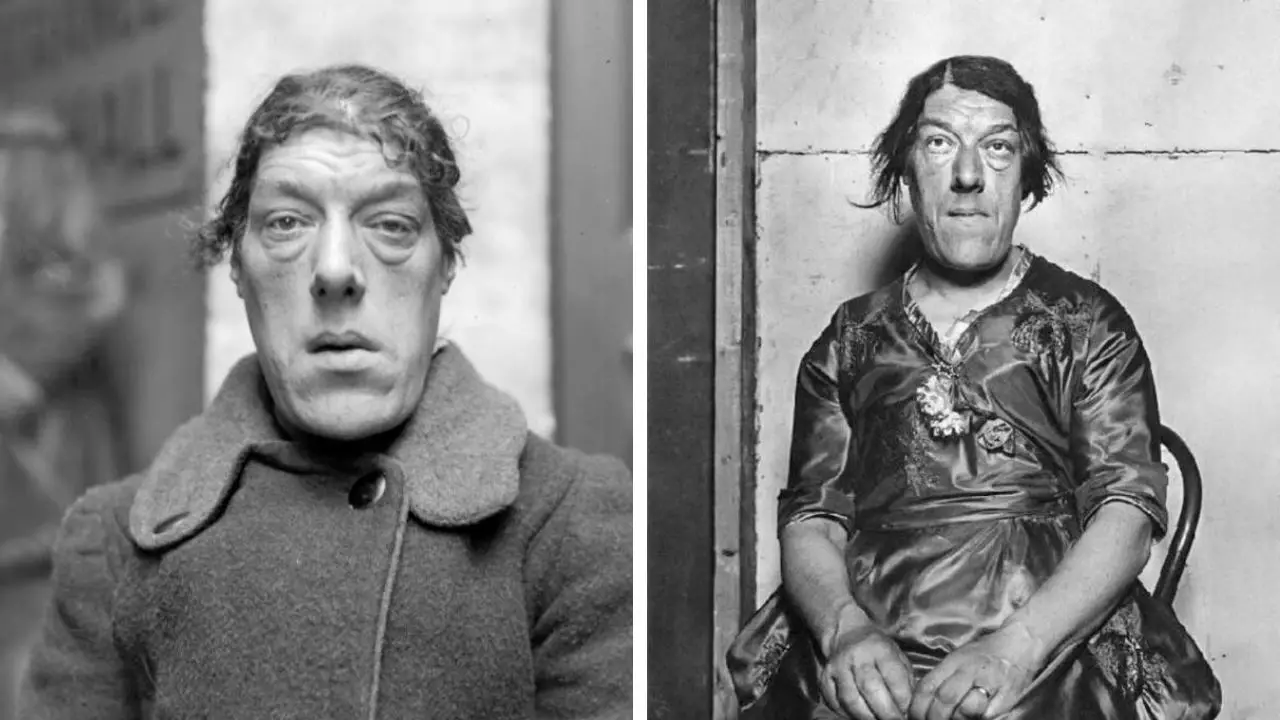Megan Fox and Machine Gun Kelly’s Blood-Drinking Habit: Love, Rituals, and Risk

In a world where celebrities often push the boundaries of conventional behavior, Megan Fox and Machine Gun Kelly have taken it to a whole new level.
The couple, known for their unconventional relationship, recently revealed that they engage in a blood-drinking ritual as a symbol of their love and commitment.
But what does this mean for their health, and is drinking blood safe?
As we delve into this intriguing yet controversial practice, we uncover a story that blends romance, spirituality, and significant health risks, inviting readers to explore the delicate balance between personal expression and public health.
In an interview with Glamour magazine, Megan Fox clarified that their blood-drinking is not as dramatic as it might sound.
“So, I guess to drink each other’s blood might mislead people or people are imagining us with goblets and we’re like ‘Game of Thrones,’ drinking each other’s blood,” she said.
“It’s just a few drops, but yes, we do consume each other’s blood on occasion for ritual purposes only.”

She further explained her approach: “For me, it’s a passage or it is used for a reason. And it is controlled where it’s like, ‘Let’s shed a few drops of blood and each drink it.”
“He’s much more haphazard and hectic and chaotic, where he’s willing to just cut his chest open with broken glass and be like, ‘Take my soul.’”
This contrast highlights the personal nature of their ritual, with Fox favoring a measured approach and Kelly embracing a more intense, almost theatrical expression of devotion.
The couple’s ritual is deeply tied to their shared interest in metaphysical practices.
Fox has spoken about her passion for astrology, meditations, and new and full moon practices, suggesting that the blood ritual is part of a broader spiritual framework.
In some historical and cultural contexts, blood has been revered as a symbol of life force or a means of forging a sacred bond.
Ancient civilizations, such as certain indigenous tribes, consumed blood in rituals to connect with the divine or gain strength, often under strict ceremonial conditions.
For Fox and Kelly, the act may serve as a modern echo of these traditions, representing a profound emotional or spiritual connection.
Yet, in today’s world, such practices are scrutinized through the lens of medical science, which raises serious concerns about their safety.
Medical experts are unequivocal: drinking blood, even in small amounts, carries significant health risks.
According to Healthline, consuming blood can expose individuals to bloodborne illnesses such as hepatitis B, hepatitis C, norovirus, and HIV.
Blood is considered a raw product, akin to undercooked meat or eggs, and can harbor pathogens that cause food poisoning.
The Centers for Disease Control and Prevention (CDC) reinforces this, noting that blood carries similar foodborne illness risks as other raw foods.
Even a few drops, as Fox describes, are not entirely risk-free, as blood is prone to bacterial growth and contamination, especially if not collected hygienically.
Most individuals lack access to the testing resources needed to ensure blood is free of contaminants, making the practice particularly hazardous.
Beyond infections, drinking blood can lead to other health complications.
One significant concern is hemochromatosis, a condition caused by excessive iron absorption, which can damage organs like the heart, liver, pancreas, and joints.
Symptoms include fatigue, unintended weight loss, joint pain, and abdominal discomfort.
While small amounts of blood, such as those found in medium-rare steak or blood sausage, are generally considered safer, the risk of foodborne illness persists.
The Academy of Nutrition and Dietetics recommends cooking meat to specific internal temperatures—160°F for ground meats and 145°F for steaks and roasts—to minimize these risks.
Unlike blood transfusions, which involve rigorously tested blood delivered intravenously under medical supervision, drinking blood offers no health benefits and is not a safe alternative.
The Risks of Drinking Blood
| Risk | Description |
|---|---|
| Bloodborne Illnesses | Hepatitis B, C, HIV, norovirus |
| Food Poisoning | Bacterial contamination |
| Hemochromatosis | Excess iron leading to organ damage |
| Legal Risks | Prohibited in some states, e.g., Louisiana |
The legal landscape adds another layer of complexity. In Louisiana, for example, a law prohibits “ritualistic acts” involving the ingestion of human or animal blood, with penalties of up to five years in prison or a $5,000 fine.
This reflects the seriousness with which some jurisdictions view such practices, particularly when they pose public health risks.
Other regions may have similar health codes or regulations that restrict the consumption of raw blood, underscoring the need for individuals to be aware of local laws.
While the U.S. Supreme Court has upheld the constitutionality of animal sacrifices for religious purposes under the First Amendment, such acts remain subject to state animal cruelty laws, further complicating the legal context.

Even within subcultures that embrace blood consumption, such as sanguinarians or those in the vampire lifestyle, there is an acknowledgment of the inherent dangers.
These communities often advise strict safety precautions, such as ensuring hygienic collection methods, though medical professionals still strongly discourage the practice.
The consensus is clear: the risks of drinking blood far outweigh any symbolic or spiritual value it may hold.
For Fox and Kelly, the ritual may be a deeply personal act, but it exists in a broader context where health and safety concerns take precedence.
From a psychological perspective, engaging in such rituals might serve as a way to deepen emotional bonds or challenge societal norms.
The act of sharing blood could symbolize ultimate trust or intimacy, resonating with the couple’s public persona as boundary-pushers.
Watch: Megan Fox on blood-drinking ceremonies with Machine Gun Kelly
However, the physical risks cannot be ignored, and the medical community urges caution.
If you were to consider such a ritual, would you weigh the symbolic significance against the potential health consequences?
This question lies at the heart of the debate, as personal expression and public health often intersect in complex ways.
The practice raises broader questions about the balance between personal beliefs and scientific evidence, inviting us to consider where the line should be drawn.
Whether it’s a fleeting trend or a deeply held conviction, their ritual will undoubtedly continue to spark curiosity and debate, leaving us to ponder the risks and rewards of such an extreme expression of devotion.


































